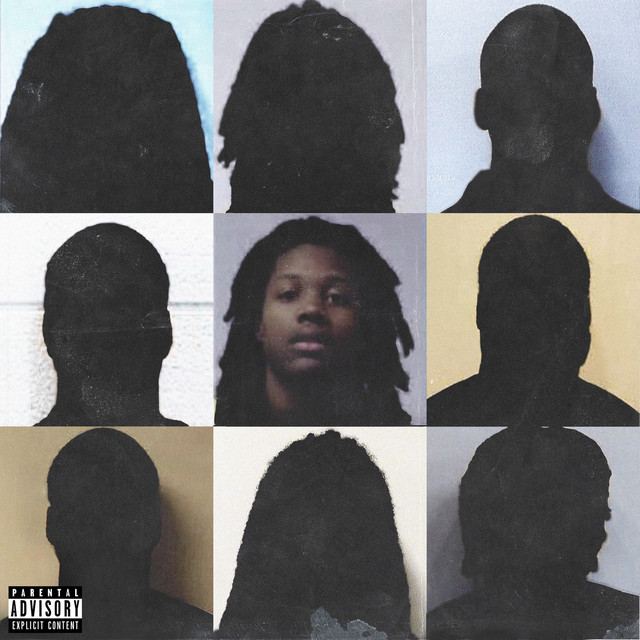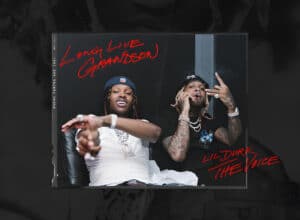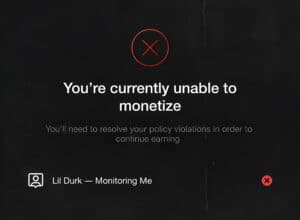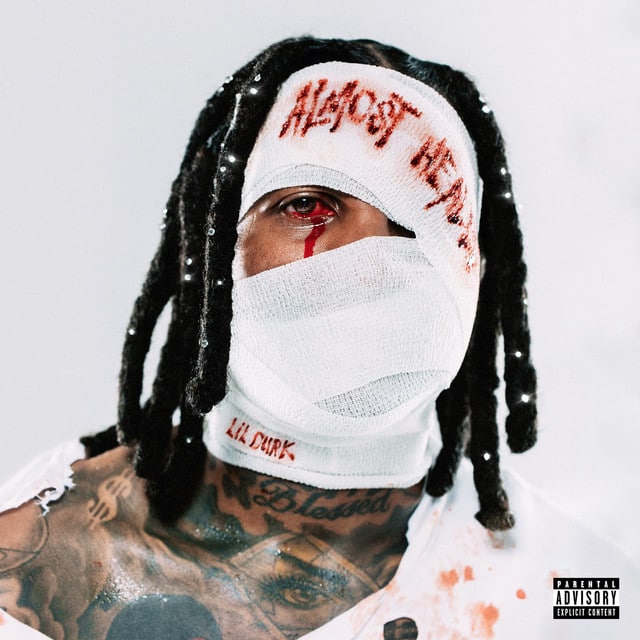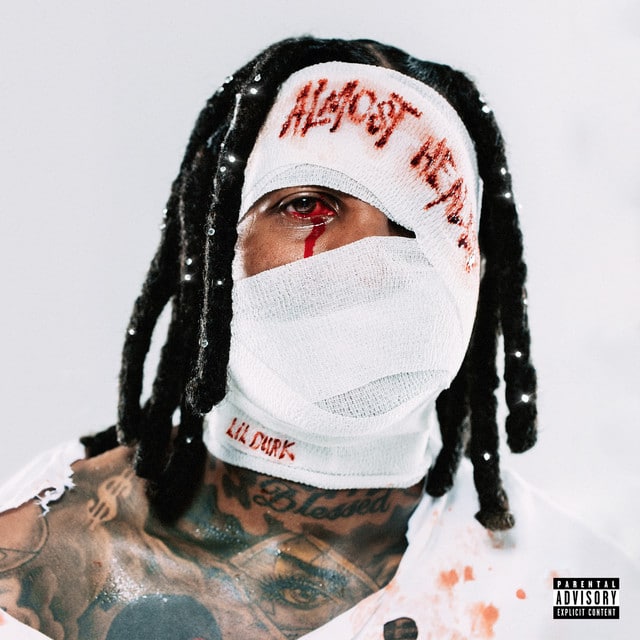Released: 2024
“Old Days” by Lil Durk is a raw, introspective track where Durk bares his soul, reflecting on the struggles and changes in his life and his community. He laments the loss of the “old days” and critiques the current state of street life, all while grappling with personal losses and the repercussions of his lifestyle. This song is a window into Durk’s inner thoughts, loaded with real talk about loyalty, violence, and the quest for peace amidst chaos.
Opening with an intimate look into his family dynamics, Durk sets the tone with authenticity. He mentions talking to his family, emphasizing the emotional rather than financial support he provides. The mention of his granny’s condition and not visiting her reveals a vulnerability and guilt. Chino, likely a fallen friend, visits him in dreams, highlighting the heavy presence of loss. Durk touches upon betrayal over money and the unresolved tensions it breeds, nodding to the pervasive distrust in the streets. The death of his friend Von and dealing with his own substance abuse issues show the personal toll of his environment. Durk’s struggle with his health, particularly needing a pacemaker, underscores the physical impact of his stress-filled life.
The chorus, “I miss the old days, the old ways, my history iconic,” is a poignant reflection on Durk’s longing for a simpler time before fame and the magnification of street conflicts. It’s a lament for lost innocence and the communal solidarity of his past. The second verse delves deeper into Durk’s frustrations with the current state of the streets, expressing a desire to bring peace but acknowledging the deep-seated animosities that make reconciliation seem impossible. He mentions wanting to inspire change like Meek Mill but acknowledges the challenges due to his standing in the streets and the industry.
Further, Durk addresses personal losses and strained relationships, painting a picture of a life where violence and grief are commonplace. References to hot cribs and blackouts allude to evading law enforcement or enemies, painting a vivid picture of the paranoia that accompanies street life. The mention of St. Bernard lacking a trauma unit is a stark commentary on the healthcare deserts in violence-plagued communities. Durk’s emphasis on real street figures leading peace efforts over rappers highlights his belief in authentic leadership born from experience.
In the outro, Lil Durk’s disillusionment with the current state of the streets is palpable. He criticizes the glorification of betrayal and disloyalty, calling for a return to values like leadership and organization. His stance against engaging with detractors on public platforms underlines his commitment to real-life principles over clout-chasing. The closing lines, emphasizing never having been physically or publicly compromised, assert Durk’s resilience and integrity amidst the chaos. This closing monologue serves as a call to prioritize genuine respect and wealth over fleeting street fame.
“Old Days” is a powerful narrative that blends Lil Durk’s personal reflections with broader critiques of street culture’s evolution. Through his words, we’re given an insight into the heartache and conflict that accompany life in the limelight and the streets. Durk doesn’t just mourn the past; he questions what legacy he and his peers are leaving behind, challenging listeners to seek more than just survival but actual thriving and positive community impact.
